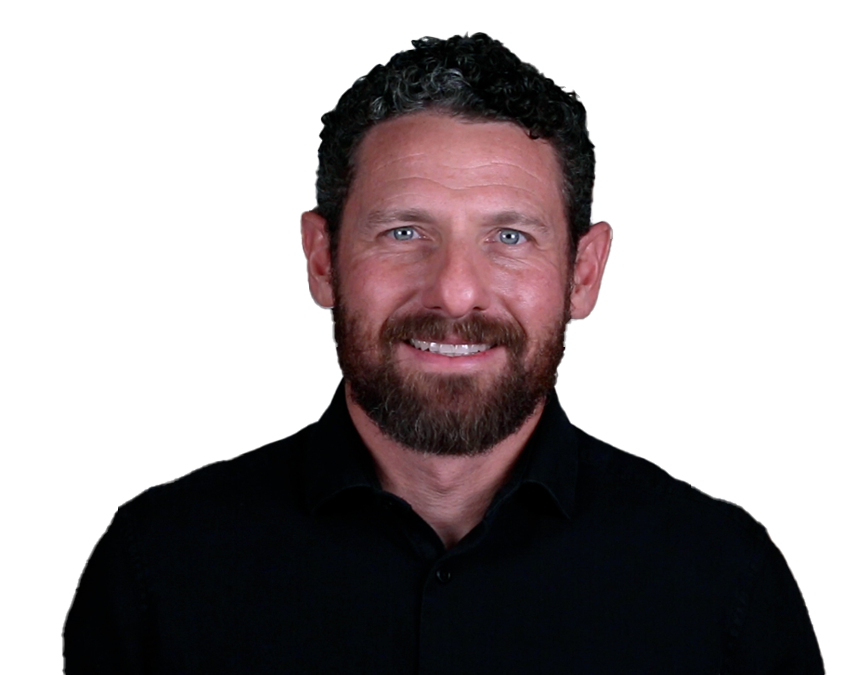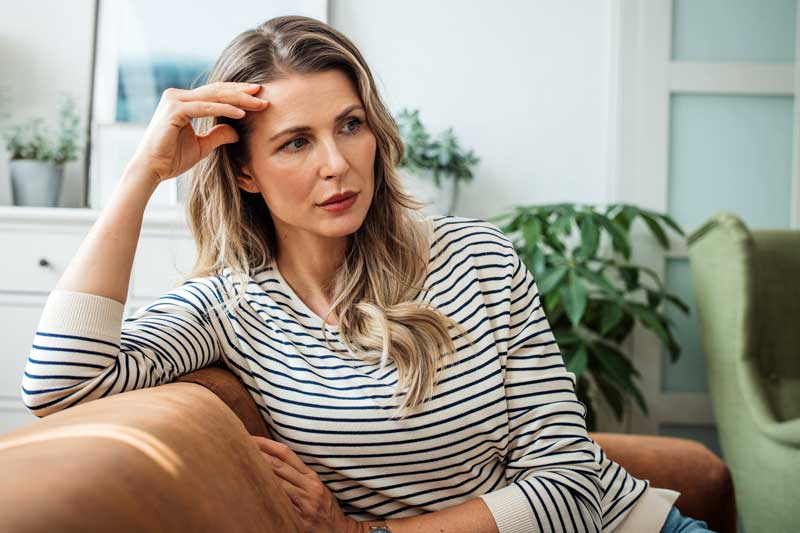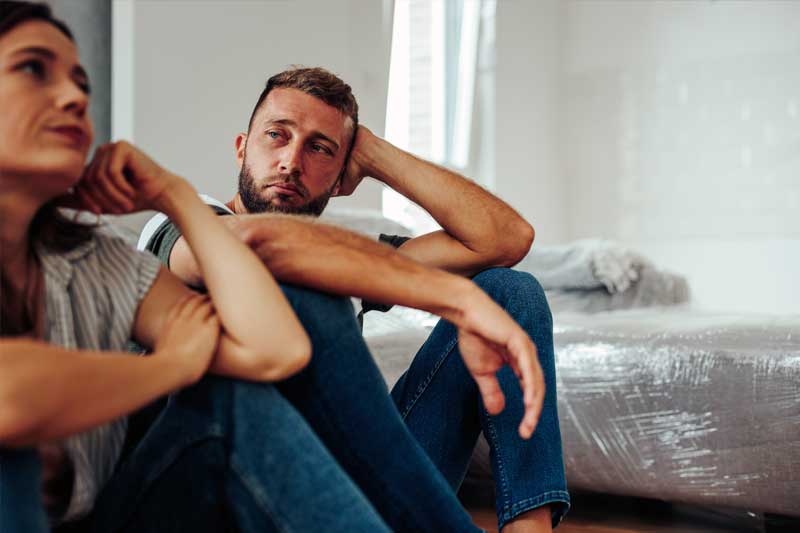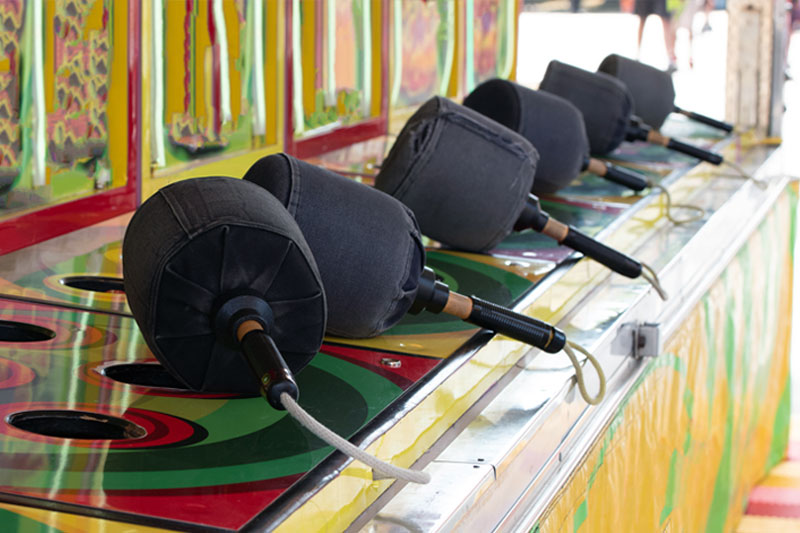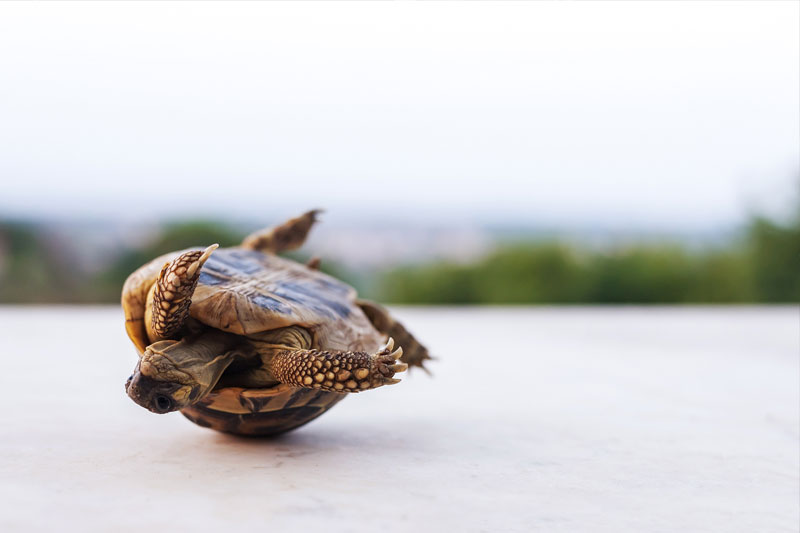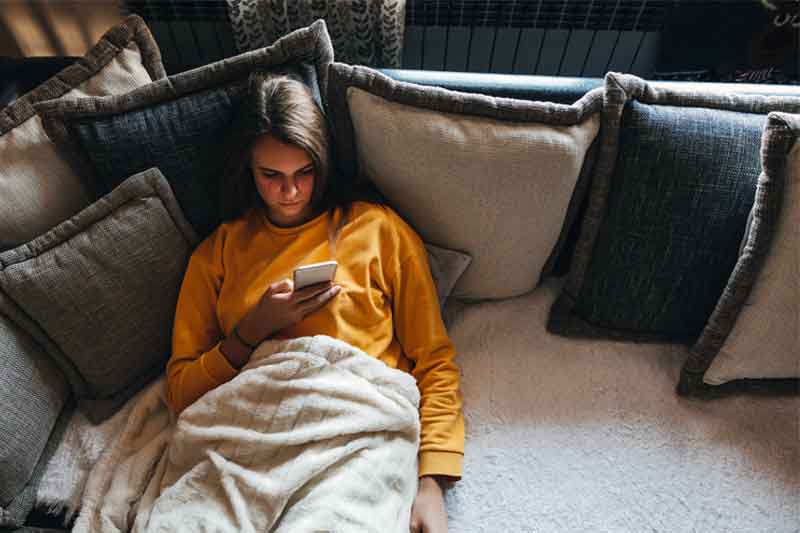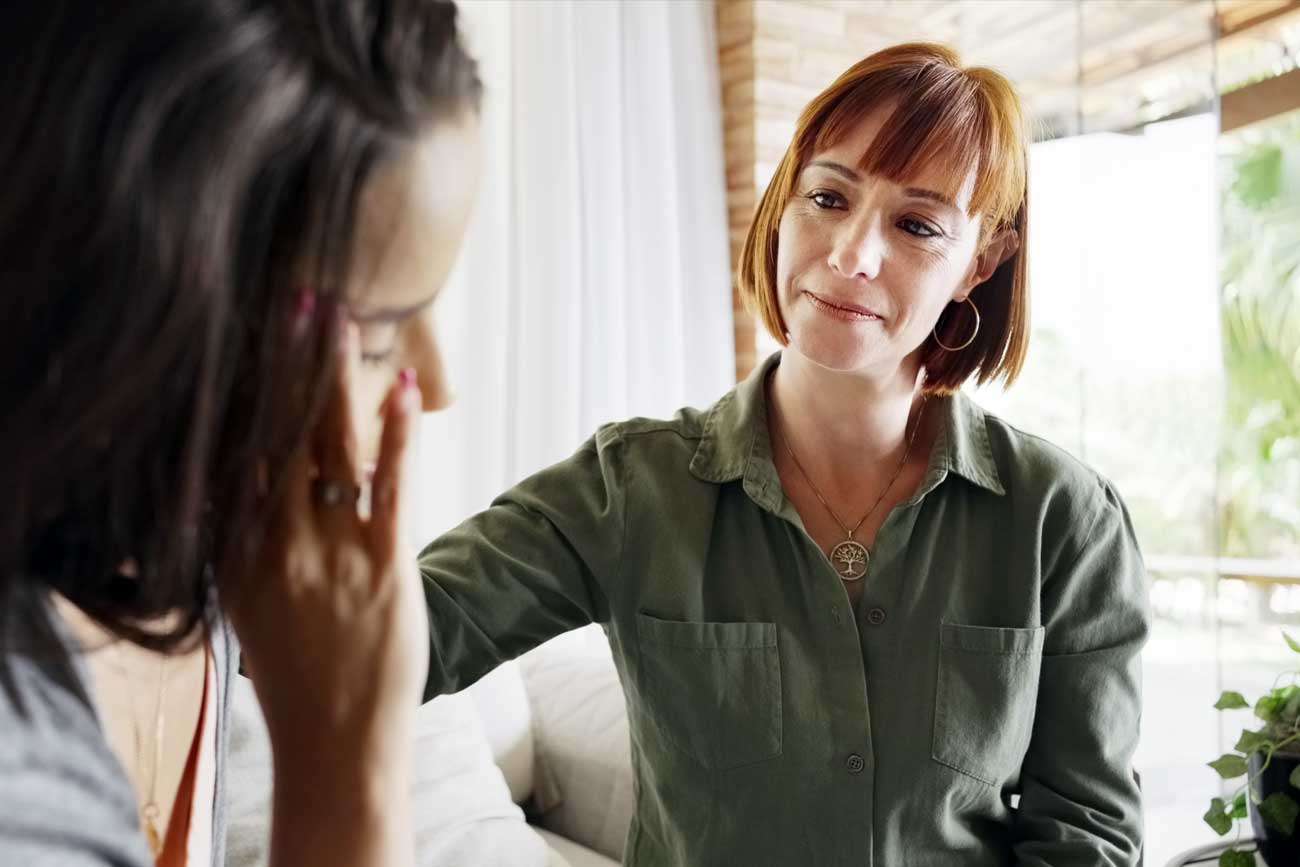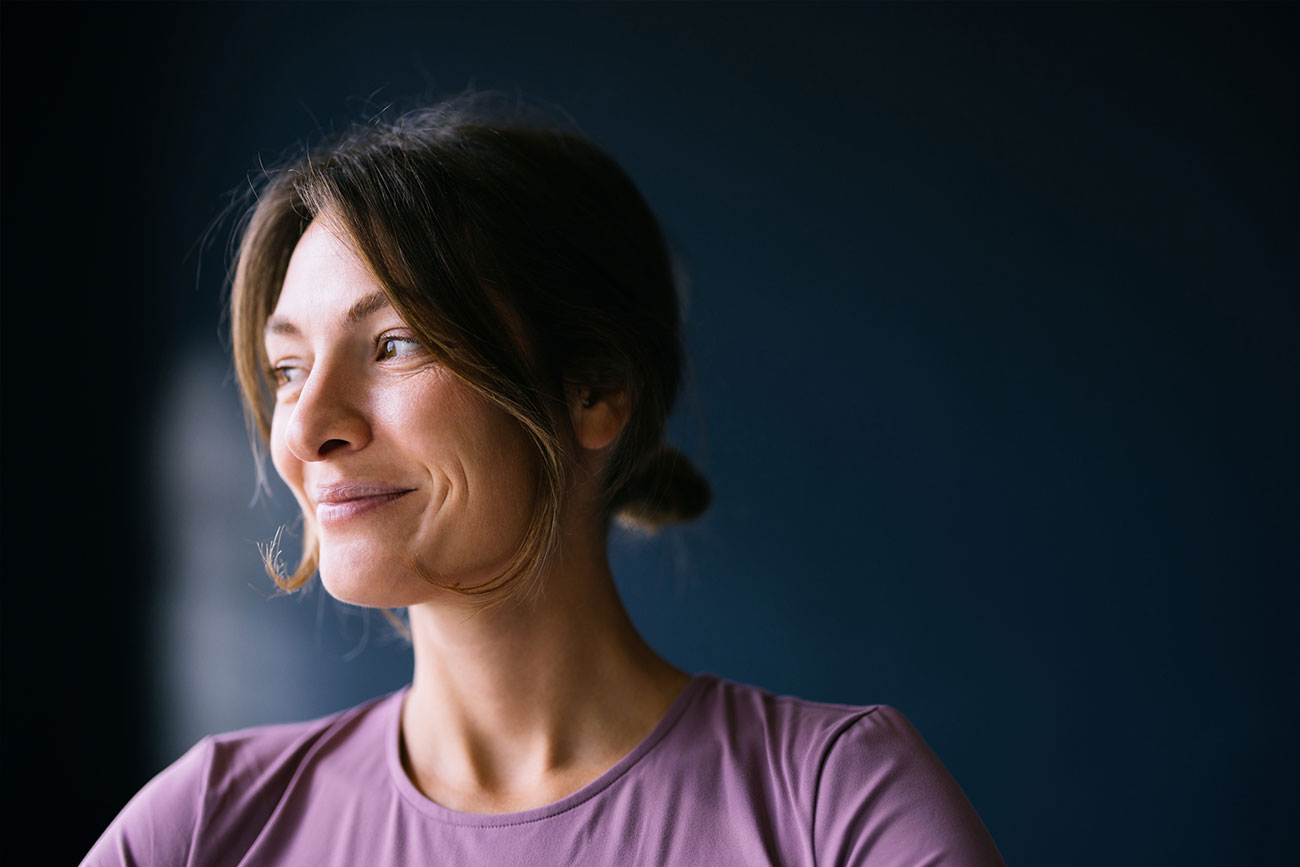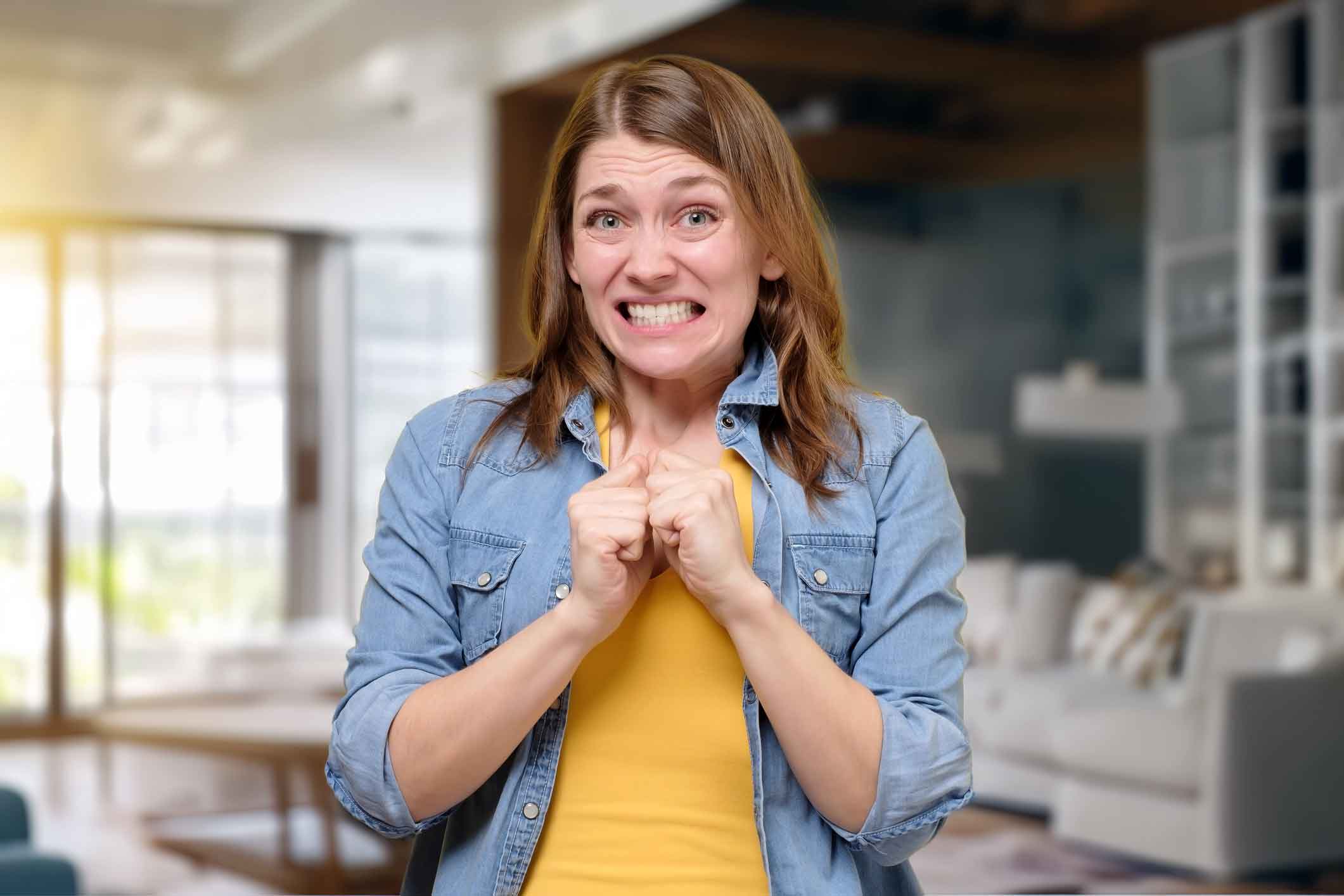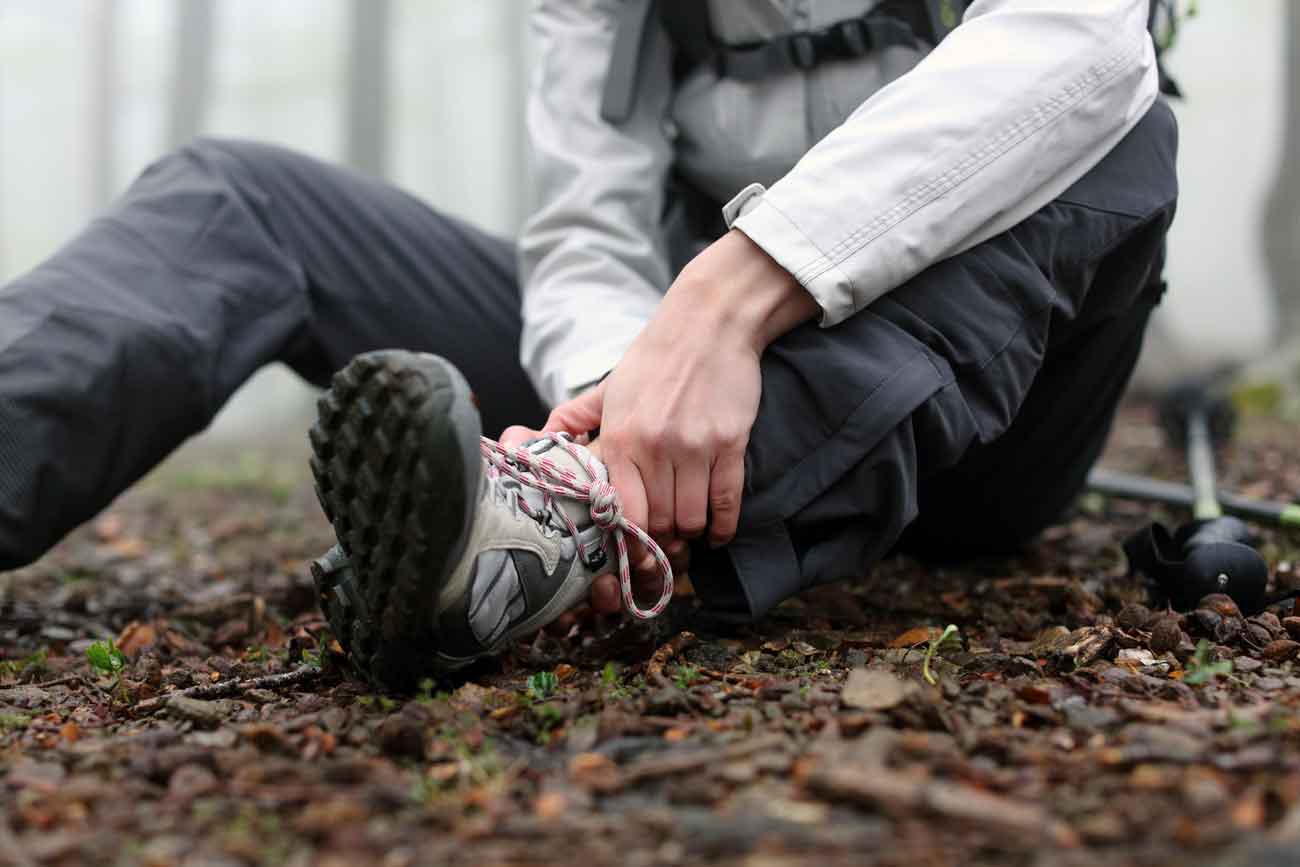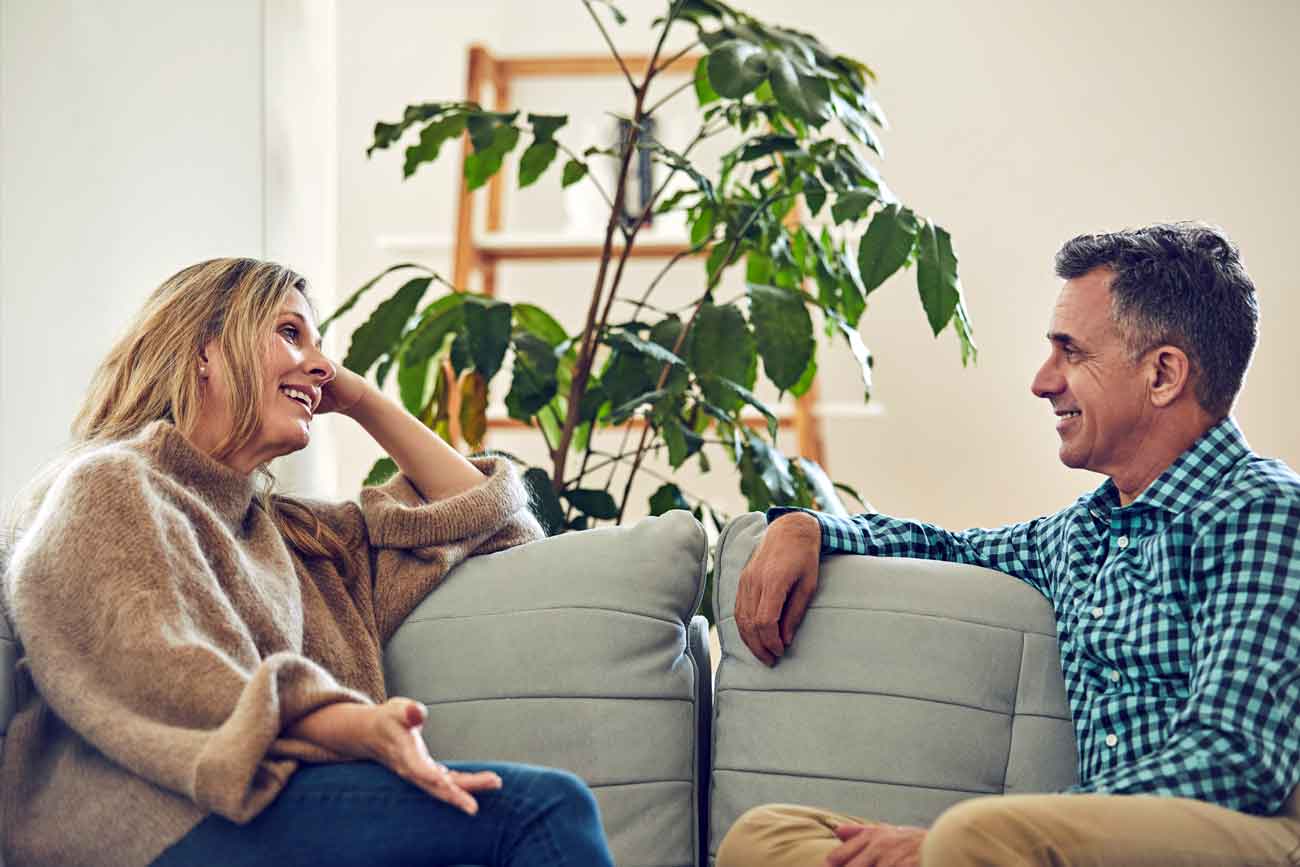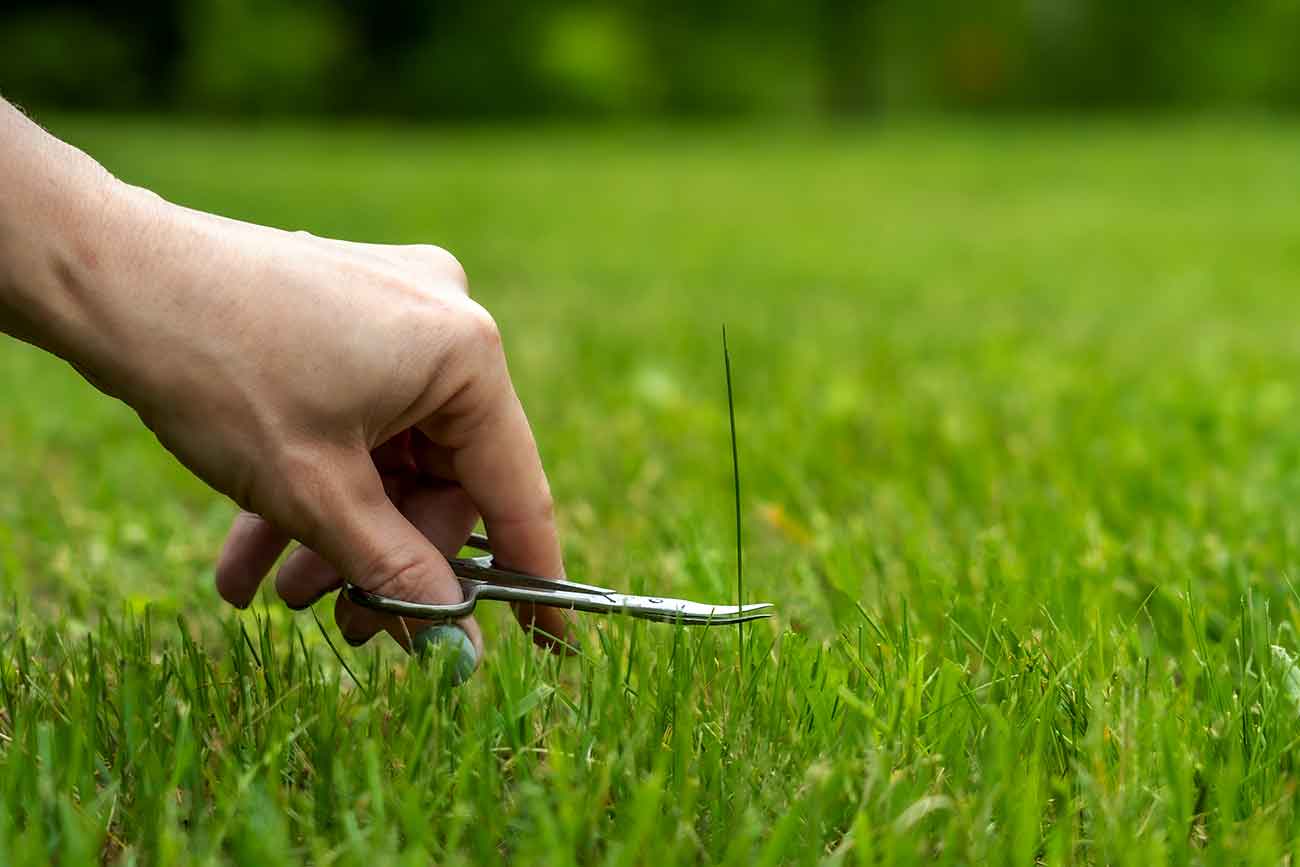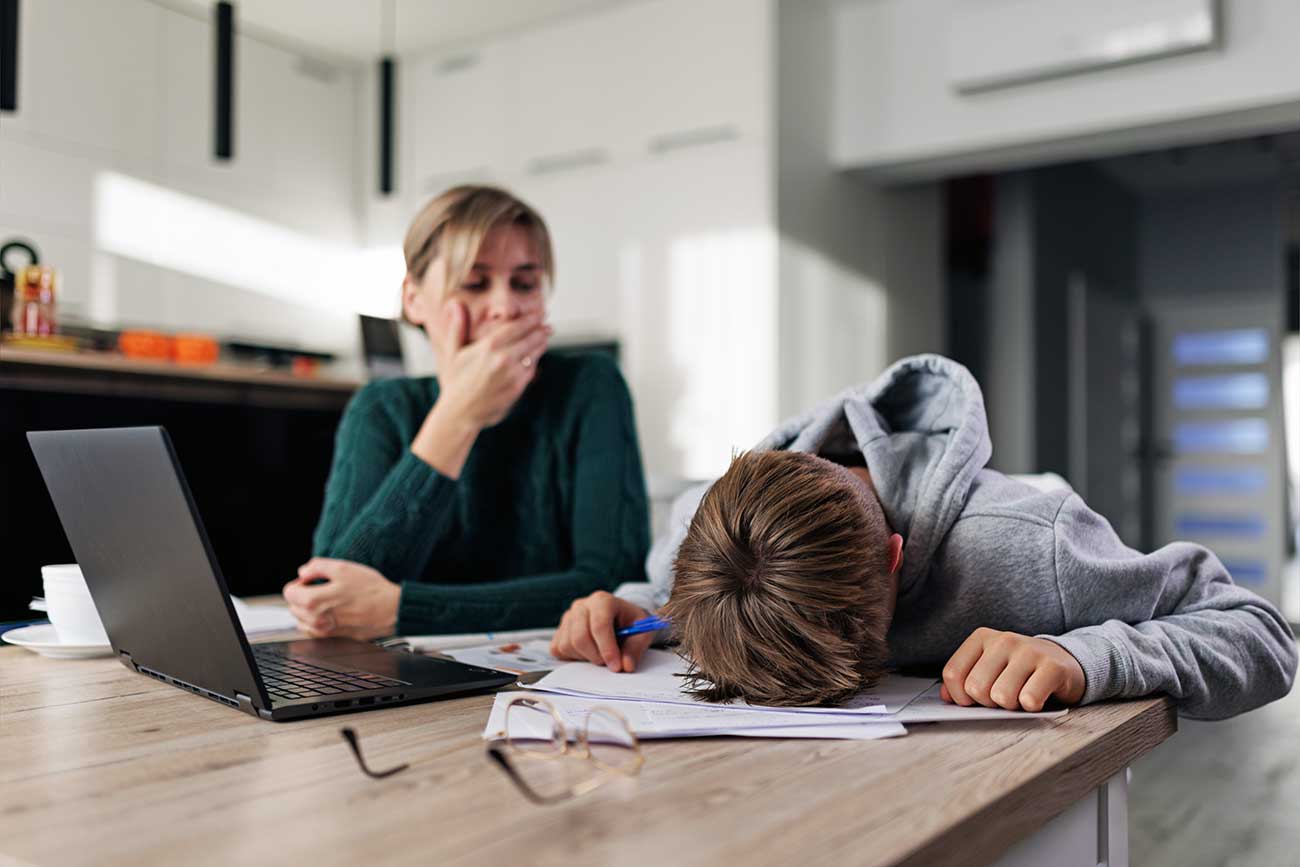Five habits that can make everything else in your life better.
Dr. Daniel BE, a clinical psychologist at BEing There Counseling, emphasizes the importance of addressing the deeper issues that shape our lives. However, he believes that building a strong foundation through simple, effective habits has considerable value.
Dr. BE shares five core habits that, when integrated into daily routines, can make life more manageable and fulfilling. While these habits may seem simple, their consistent practice can have a profound impact on every area of life. According to Dr. BE, these routines can:
- Reduce stress and reignite a sense of purpose
- Improve presence and connection in relationships
- Enhance self-awareness and emotional balance
- Boost mood and outlook
- Support deliberate, values-driven choices
The five habits that can make everything else in your life better are:
- Prioritize Good Sleep
Research from Harvard Medical School on Why Sleep Matters indicates that chronic sleep deprivation can lead to health problems such as obesity, diabetes, cardiovascular disease, and even early mortality. In the short term, lack of adequate sleep can impair judgment, mood, and the ability to learn and retain information.
- Exercise
The American Psychological Association reports in their article The Exercise Effect that physical activity has been shown to reduce symptoms of depression and anxiety and improve cognitive function. Exercise can also help the brain cope better with stress.
- Meditate Daily
Studies show that mindfulness meditation has been found to lower cortisol levels in the blood, suggesting it can reduce stress and may decrease the risk of stress-related diseases.
- Write in a Journal
A recent Psychology Today article discusses how keeping a journal can reduce symptoms of depression and anxiety and serves as a tool for understanding the sources of your emotions to more completely deal with them.
- Spend Time Outdoors
Spending time in nature is linked to cognitive benefits and improvements in mood, mental health, and emotional well-being.
Dr. BE encourages people to strengthen these fundamentals as a first step toward a more fulfilling life. For those ready to go deeper, BEing There Counseling offers the tools and support needed to build on this foundation.

